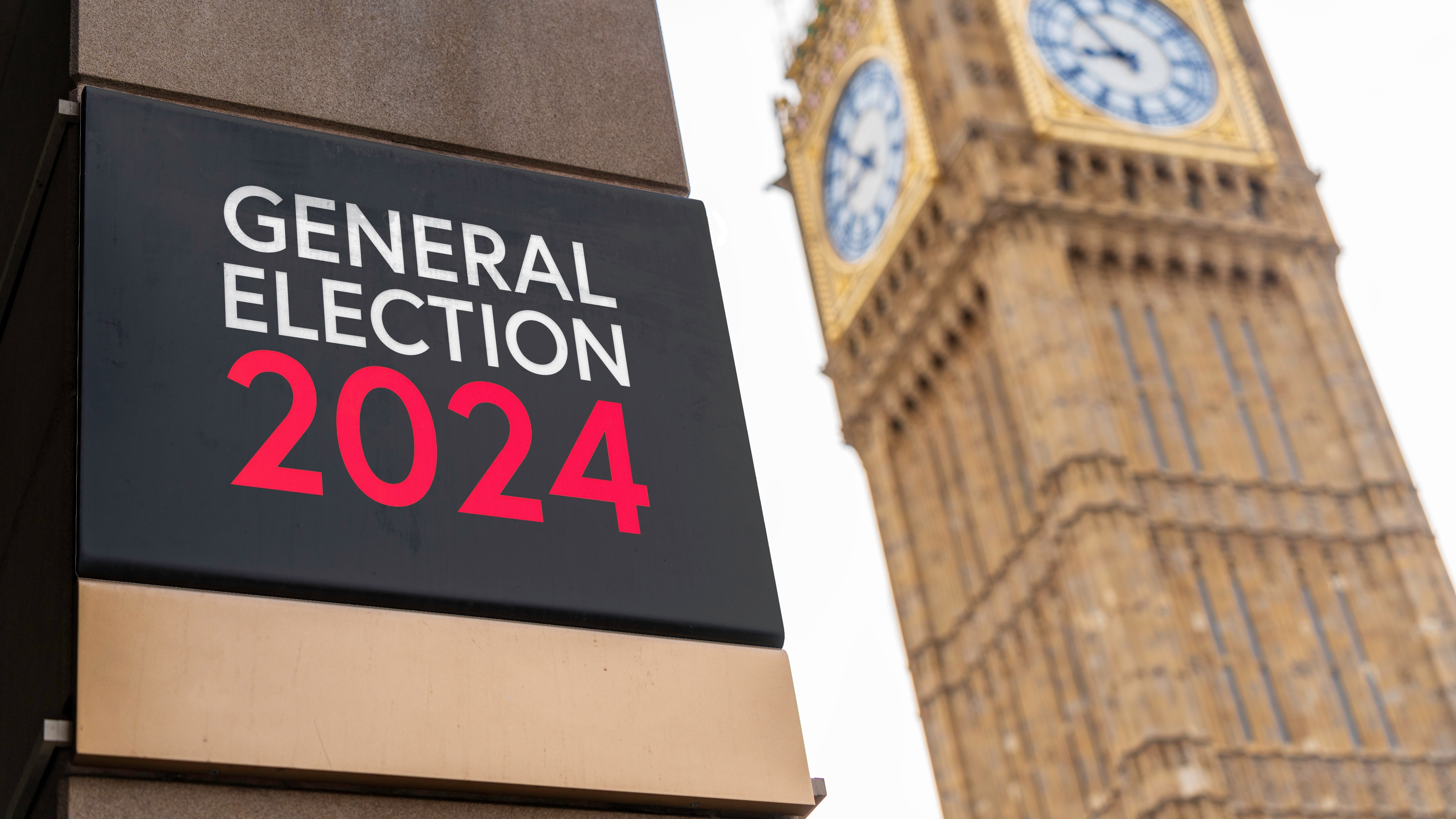Virtual currency prospers in Asia: Will China follow?
by Inline Policy on 25 Jun 2014
Last Thursday, Japan’s Liberal Democratic Party (LDP) announced that it is not currently looking to regulate virtual currency. This is a significant announcement as there previously was uncertainty over how state officials, particularly in Japan, would react following the collapse of the leading Japanese Bitcoin exchange, Mt. Gox and the loss of over $420 million worth of Bitcoins.
House of Representatives member for the LDP, Takuya Hirai, stated that those who trade and deal in virtual currency should ensure there is self-regulation of the industry. Although welcomed by many in the virtual currency industry, the statement does not offer a huge amount of clarity. Hirai was quick to stress that the government will continue to monitor virtual currencies and consult with various stakeholders on the issue. This, in turn, could lead to regulation at an unspecified time in the future.
Hong Kong attracts virtual currency business from the mainland
Japan should be credited as it did not make any knee-jerk decisions following the collapse of Mt. Gox, and it carefully assessed the benefits and risks of virtual currency.
It is also worth looking at this from the perspective of the surrounding hubs for buying and selling virtual currencies in Asia. Hong Kong, for instance, has attracted a high level of virtual currency activity due to its relatively laissez-faire approach to regulating the practice. It has also attracted business from mainland China where regulators have stifled the growth of virtual currencies. Although a region of the People’s Republic of China, Hong Kong remains largely autonomous with regards to monetary regulation.
The current climate for virtual currencies in Hong Kong is healthy, however there are potential future risks, including increased oversight from mainland China or from the Hong Kong Monetary Authority (HKMA), due to virtual currencies causing financial instability. The city is now home to two large bitcoin exchanges, Bitfinex and ANXBTC, and numerous Bitcoin ATMs have launched in recent months.
Singapore clarifies virtual currency rules
Singapore too has pushed ahead with creating an environment for virtual currencies to flourish. In March 2014, the Monetary Authority of Singapore (MAS), Singapore’s central bank and financial regulator, announced that it would regulate virtual currency exchanges.
The MAS called on virtual currency exchanges to identify their customers and report suspicious transactions to the relevant authorities, in order to prevent money laundering and terrorist financing. These requirements are no more than what already exist for money services businesses, including remittance companies. The intervention does not impose undue regulatory burdens, and was largely seen by those dealing with Bitcoin regularly as a sensible attitude to overseeing the buying and selling of virtual currency.
China’s loss is Asia’s gain
These approaches to virtual currency contrasts with that taken by China. It has been reported that China’s central bank is to order domestic banks to stop doing business with websites that trade in digital currency, a form of intervention that is not conducive to fostering a healthy virtual currency industry.
The announcement may never be made officially by the Central Bank, but could be enforced through direct channels with banks. The US-China Economic and Security Review Commission recently published a report on the state of virtual currency regulation in China. It concluded that the Government remains unfriendly toward Bitcoin, but prefers unofficial intimidation and pressure as opposed to official regulation.
However, there continues to be mixed messages coming from China and only last week the General Secretary of the People’s Bank of China, Xu Nuojin stated that there may be space for Bitcoin to exist in the future. Virtual currencies therefore continues to operate in a restricted and uncertain environment in China.
This is effecting growth of virtual currency businesses in mainland China. In the last year twelve Chinese Bitcoin exchanges have shut down or gone bankrupt. In fact, the average lifespan of mainland-based virtual currency businesses is just nine months. Bitcoin businesses based in mainland China are now therefore looking further afield to Singapore, Japan, and particularly Hong Kong.
Virtual currencies are finding a healthy home in many Asian cities, and clarification on regulatory matters are beginning to take shape. All eyes remain on the world’s second largest economy, China, and whether they will legitimise or clamp down on virtual currencies. The road they decide to take will not only have a lasting impact on the Asian market, but also for the future of virtual currencies, like Bitcoin, across the world.
(Photo, Dry2l CC BY)
Topics: Financial Services Regulation, UK business, Economic policy, Big Tech







Comments